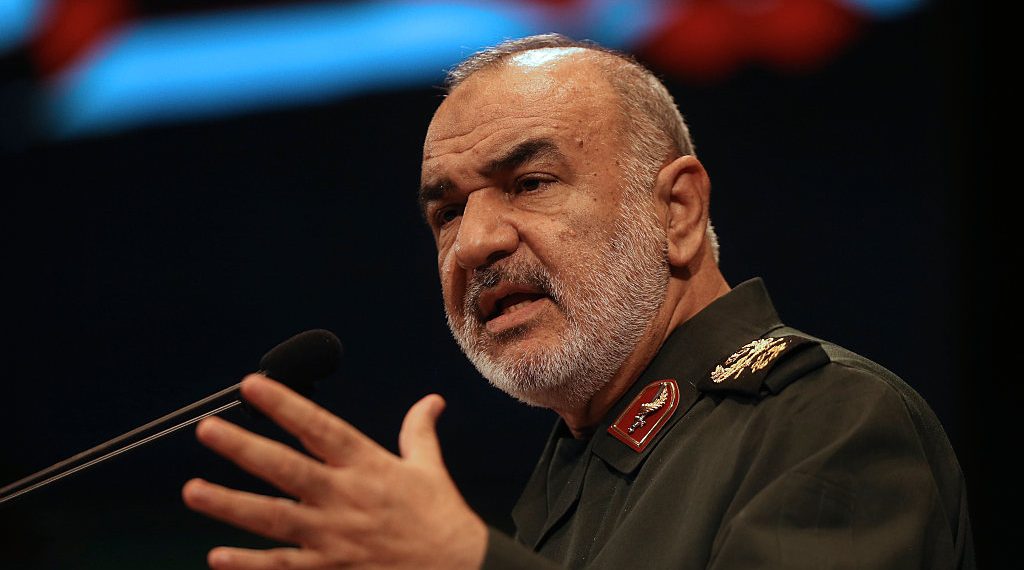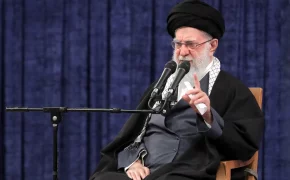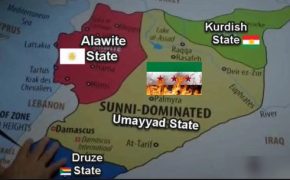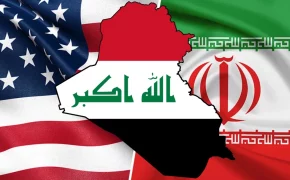IRGC Commander Says Operation Al-Aqsa Storm Not Revenge For Martyr Soleimani; Iran to Take Revenge For His Assassination

Commander of the Islamic Revolution Guards Corps (IRGC) Brigadier General Hossein Salami has made a speech at the funeral procession of Martyr Seyed Razi Mousavi: Seyed Razi Mousavi was one of the most experienced and effective commanders of the IRGC in the resistance front. Martyr Mousavi stood for the security of the Islamic Ummah over three decades in the most difficult circumstances. He was a companion of the immortal legend, the martyr Lieutenant General Qasem Soleimani. Interestingly, it should be noted that during his 33 years of service, Martyr Mousavi had not visited the holy shrines of Imam Hussein (A.S) in Karbala and Imam Ali (AS) in Najaf until yesterday (on Wednesday), when he (his corpse) visited and paid his respects to them, just like the companions of Imam Hussein (A.S) who pilgrimed Him whit their dismembered bodies.
The Commander of the IRGC differentiated between the Palestinian’s Operation Al-Aqsa Storm against Israel and taking revenge for Martyr Qasem Soleimani, adding: The Operation Al-Aqsa Storm was a purely Palestinian operation, designed and executed by the Palestinians themselves. This operation was carried out without any foreign support and is a response to the 75 years of oppression and occupation by the Israeli regime. The Operation Al-Aqsa Storm was not a revenge for the assassination of Martyr Soleimani; we will take our revenge on the perpetrators and planners of the martyrdom of this great man and deputy head of Iraq’s Popular Mobilization Forces (PMF) Abu Mahdi al-Muhandis and their comrades. We will not remain silent in the face of the assassination of our children and we will take revenge on the perpetrators. The revenge of our children will be nothing but the end of the Israeli regime’s existence.
The recent statements made by the Supreme Leader Ayatollah Seyyed Ali Khamenei and the Commander of the IRGC Hossein Salami regarding Operation Al-Aqsa Storm and the recent Palestinian war with the Israeli regime indicate that although the Islamic resistance front has coordination and strong unity in many issues, including goals, ideals, and values, each pillar of the resistance front acts based on its own national identity and circumstances. The Hezbollah movement operates based on tactics and Time requirements to limit Israel’s military might, the Ansar Allah movement also operates based on its Yemeni identity and targets the maritime shipping and economic interests of the Israeli regime, and other pillars of the resistance in Palestine, Iraq, and Syria also operate in different ways against the Israeli regime and its Western allies.




Comment